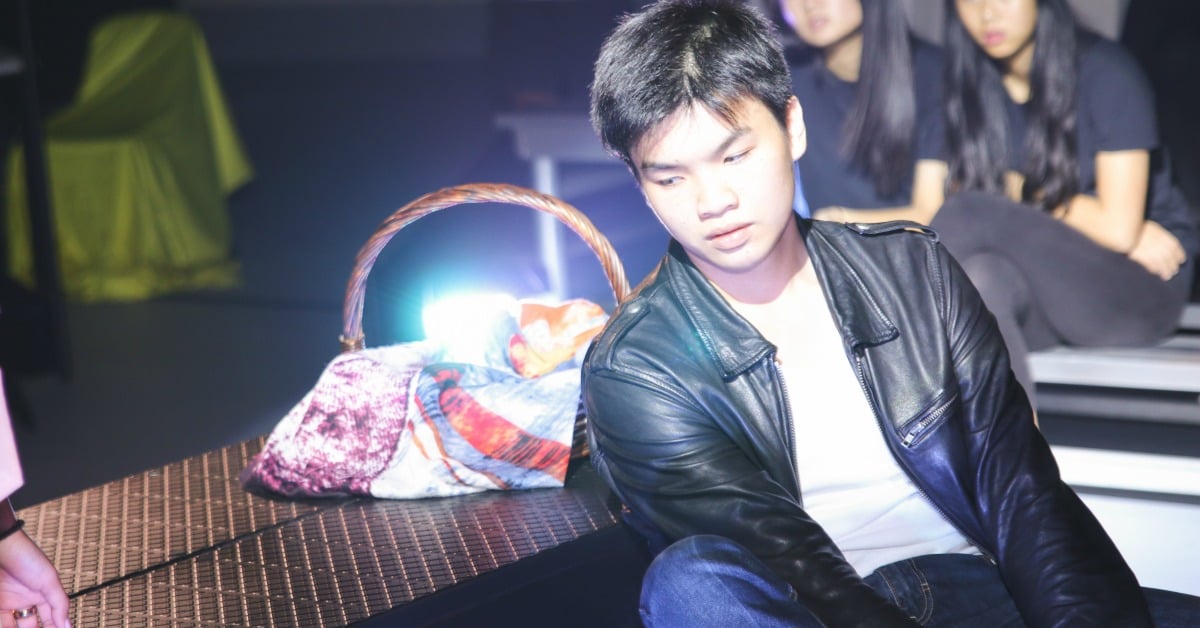Producing a Show: How a Great Process Will Lead to a Great Product
The experience of working on a show is a multifaceted experience, but I think it can really be broken down into two main parts: the product and the process. The product is the final theatrical creation that is presented (a.k.a. your show). The process is the class/rehearsal/after school time and the methods/effort it took to get there.
The product is the result of the process – the end that justifies the means.
As a teacher, when you are creating a theatrical piece with your students, I urge you to consider the process as equally as important to, or even more important than the final product. Of course, everyone wants a wonderful show–that’s a given. It would pretty much be a waste of everyone’s time to think otherwise. However, the journey that you and your students take to get to that final product is essential. The means in which the process occurs has big stakes, including:
- The skills students develop while working on a show (both onstage and off)
- The lessons students learn during the process
- The grades earned
- The friendships grown through teamwork and camaraderie
- The confidence gained through hard work, determination, and perseverance
- The problem-solving skills developed through making mistakes and learning from them
- The future of the drama program at your school (will students continue to take drama classes and/or come out for future productions?)
Think of these ideas not in terms of “make-or-break,” but more in terms of goals. Look what we can achieve together!
So HOW can you create an effective process for your students? Here are some suggestions to consider.
1. What’s your focus?
Keeping a focus on the full ensemble of students is the best way to create a great process. Ensemble-based thinking creates a sense of fairness and equality. While we all recognize that not everyone in the show is or can be a lead, it’s important to ensure all students feel that they are an important part of the show. Downplay the idea of “stars” and create a sense of community and teamwork. Don’t play favourites with the lead actors–that’s a surefire way to create discord in the group.
Focus on group bonding exercises and be sure to include the crew! It is easy to neglect the crew during the rehearsal process in favour of the actors, but your crew team are equally important and should be included in meetings, rehearsals, group exercises, and celebrations.
2. How’s your attitude?
If you are excited about the process and the show, it sets a good example for your students, and they will follow your lead. Show your passion and emotion, and be real. Students can tell when you’re in “teacher mode.” Maintain professionalism, of course, but also allow them to see your human side. Theatre is all about feelings and emotions!
Have confidence, as well. There is always a point where things get difficult–actors struggling with lines, crew having technical issues, whatever can possibly go wrong actually going wrong–but you need to be strong for your students. Show that you believe in your students, their abilities, and their personalities (both as a group and as individuals). The more you get to know them as individuals, the better you’ll be able to adjust your approach to their needs. Some students prefer a no-nonsense approach while others need a softer hand. Each student is a piece of the puzzle that combines to make the full picture! And on that note…
3. How’s their attitude?
What are your students hoping to get out of the experience? What are their goals? How are they feeling (both about themselves and about the process)? Have these feelings changed at all throughout the process? Check in with them frequently, and be available as much as possible when they have questions or concerns. For your own sanity, make it clear what times are appropriate for them to ask questions–while you want to encourage an open line of communication, you don’t want your rehearsal stalled by an impromptu game of “20 Questions.”
4. Think from your students’ perspectives.
Students are smart (of course–they’re your students!) and they are busier than ever. If they’re participating in your production, they’ll want to know what’s in it for them. Students want to feel useful, that they’re being heard and understood, that their time is valued, and that they’re learning something. Things like setting a clear rehearsal schedule early on are a good way to show that you’re thinking ahead, that you respect their time, and that you’re not calling students to rehearsal when they’re not being used. This is why it’s key to create an open line of communication from the very start of the process.
5. Remember the fun and don’t take yourselves TOO seriously.
How do you measure success? You might have a gorgeous production and have sold out the whole run–but if your students hated the process, is it a success?
Always strive for theatrical excellence while still keeping the FUN. Theatre can be hard work, but if it’s not fun, what’s the point? So much of theatre is play–after all, Shakespeare himself said “the play’s the thing”!



